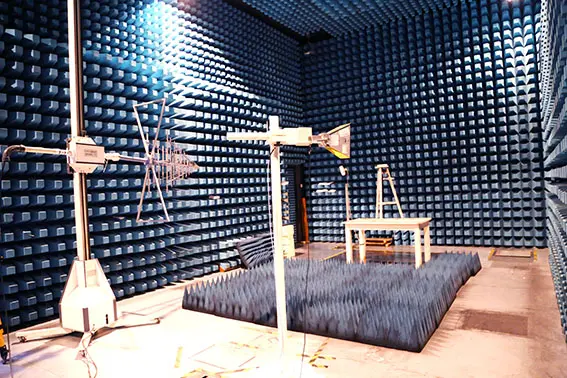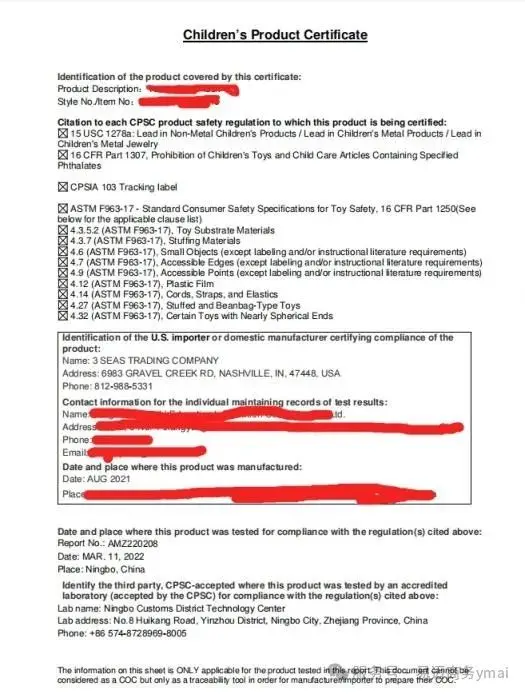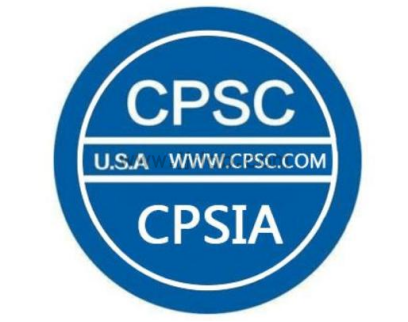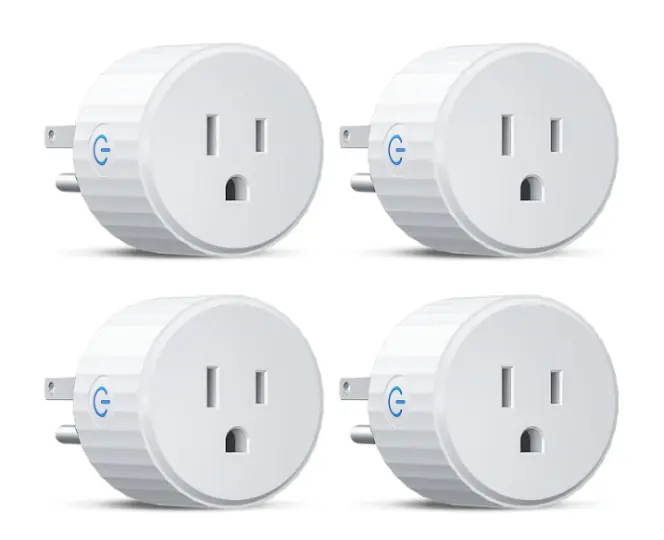
Remote Control Toys EU CE Compliance Certification
The European market occupies a crucial position in the global economy, which is self-evident. Its diversity and maturity provide vast development opportunities for businesses worldwide.

The high standards of imported goods in the European market and the critical role certification plays in exports are undeniable. The certification process not only helps enterprises prove that their products meet the stringent European standards but also builds consumer trust in the brand. Certification enables businesses to promote their products more smoothly in the European market, thereby unlocking more commercial opportunities.
As is well known, China is the world's largest toy manufacturer and exporter. Statistics show that approximately 70% of global toys are produced in China, with over 85% made specifically for export. These toys are often manufactured for well-known foreign brands to meet global consumer demand.
In the export process to Europe, certification plays an essential role. Certification is not only evidence that products comply with European standards and regulations but also a mandatory requirement for market entry.
Remote control toys, typically controlled remotely via a radio transmitter, include products like remote control cars, planes, boats, robots, and animal dolls.
General Requirements for Remote Control Toy Exports:
1. Instruction Manual: The applicable age range and safety warnings must be clearly stated.
2. Safety and Environmental Considerations: Products must be free of hazardous components, and materials must be environmentally friendly.
Required Certifications for Remote Control Toys Exported to the EU:
1. EU CE certification: A mandatory European certification indicating compliance with EU safety standards. Toys must have CE certification to be sold in Europe.
2. Radio Equipment Directive (RED): A mandatory EU directive for wireless products, applicable across EU countries.
3. EN71 Toy Certification: The European Toy Safety Standard, which includes requirements for mechanical and physical properties, flammability, and the migration of specific elements. Toys exported to Europe must comply with EN71 standards.
4. REACH Test Report: The EU regulation for the Registration, Evaluation, Authorization, and Restriction of Chemicals. Toys must pass REACH testing to ensure compliance with EU environmental requirements.
5. CPC Certification: The Consumer Product Safety Commission (CPSC) requires all toys sold in the U.S. to comply with relevant safety standards. Exported toys to the U.S. must meet CPSC requirements and provide related test reports.
6. Declaration of Conformity (DoC): An EU declaration stating that the product complies with EU regulations and standards. It is a self-declaration by the manufacturer or authorized representative.
7. EU Responsible Person: The EU-Representative acts as the authorized representative for sellers outside the EU to fulfill the obligations imposed by EU regulations and directives for CE-marked products sold within the EU.
Common Questions:
1. What are the consequences of not having the required certifications?
If the necessary compliance documents are not provided during customs clearance, the products will be deemed non-compliant, leading to seizure and destruction. On platforms like Amazon, competitors can file complaints, resulting in product delisting and a negative impact on store performance.
2. What should be done if CE-certified products are flagged during customs clearance?
Submit the required supporting documents, such as EN71 test reports and DoC factory declarations, as per customs requirements.
3. Will product certification affect platform operations and sales?
Yes, all platforms regulate the products sold on them. For instance, Amazon enforces product compliance requirements for specific categories in addition to its general sales policies.
Understanding and adhering to the certification requirements ensures smooth entry into the European market, minimizing risks while maximizing commercial potential.
Email:hello@jjrlab.com
Write your message here and send it to us
 Toy Toxicology Testing CA
Toy Toxicology Testing CA
 CPSIA Compliance for Children's Products
CPSIA Compliance for Children's Products
 Food Contact Items Testing
Food Contact Items Testing
 Energy Star Testing Laboratory
Energy Star Testing Laboratory
 Do I Need to Test Every Color for CPSIA Compliance
Do I Need to Test Every Color for CPSIA Compliance
 Accredited Medical Device Testing Lab
Accredited Medical Device Testing Lab
 Safety Testing for Baby Wrap
Safety Testing for Baby Wrap
 United States Electrical Plug Certification
United States Electrical Plug Certification
Leave us a message
24-hour online customer service at any time to respond, so that you worry!




